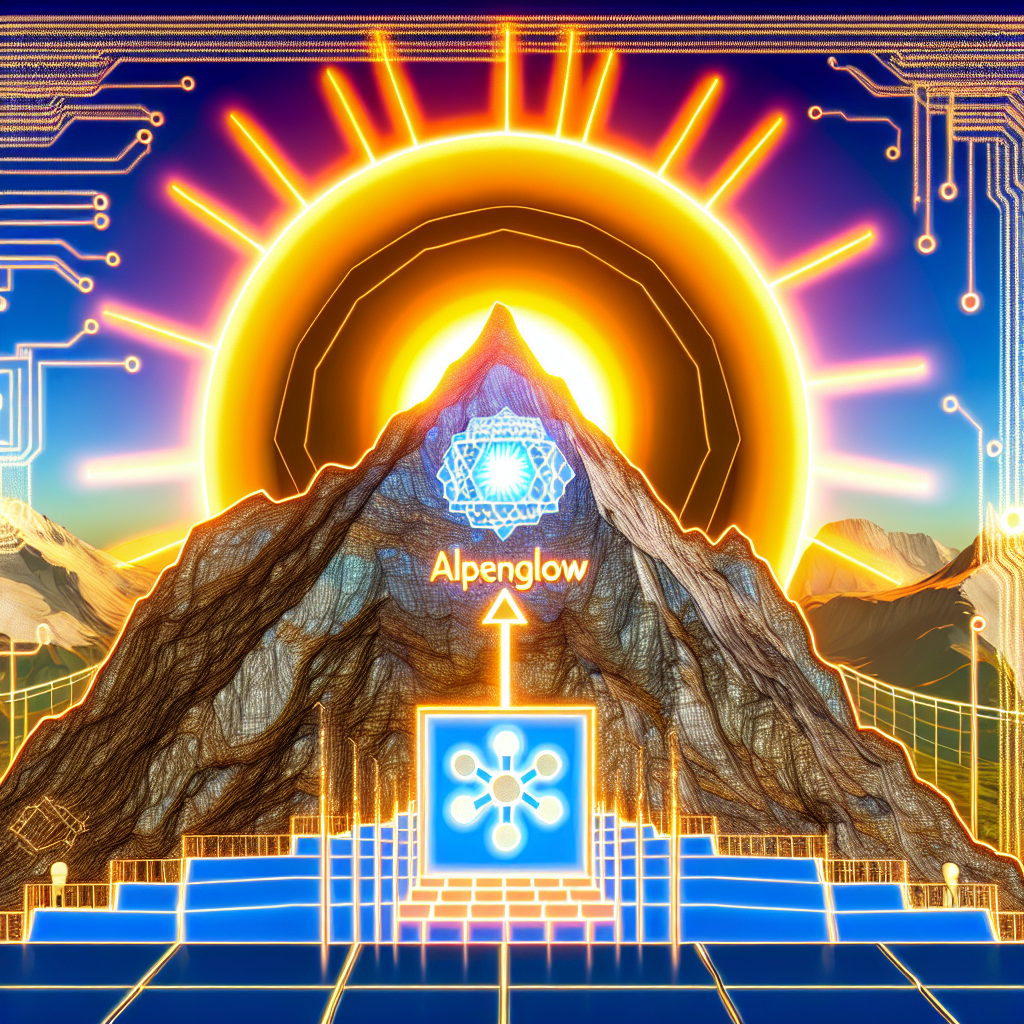
Developers at Solana are advancing a significant overhaul of its consensus mechanism through the Alpenglow proposal, which is currently in the validator voting phase.
According to a tracker, slightly over 10% of validators supported the upgrade by Thursday morning in Europe, with more than 88% of eligible participants yet to make their decision.
If approved, the proposal would discard the existing Proof-of-History and TowerBFT systems in favor of a faster and more robust design featuring two new elements: Votor and Rotor.
Proof of History serves as Solana’s current consensus mechanism, timestamping transactions so that validators can ascertain the correct order without the delays caused by syncing, which slows the network. TowerBFT functions as the network’s voting system, wherein validators utilize past votes as a reference to rapidly agree on the next block while warding off potential attacks.
The main attraction of the new consensus proposal, Votor, is its potential to reduce transaction finalization time from over 12 seconds to approximately 150 milliseconds, making network confirmations virtually instantaneous for users.
Rotor, which is set to be implemented in a future phase, aims to enhance network efficiency by minimizing the frequency of data transfers between validators—an upgrade intended to support high-traffic applications such as DeFi and gaming.
Alpenglow also introduces a resilience model dubbed “20+20,” designed to keep the chain operational even if 20% of validators are adversarial and another 20% are offline.
This proposal positions itself as a crucial step towards achieving improved speeds while bolstering security and fairness among validators.

